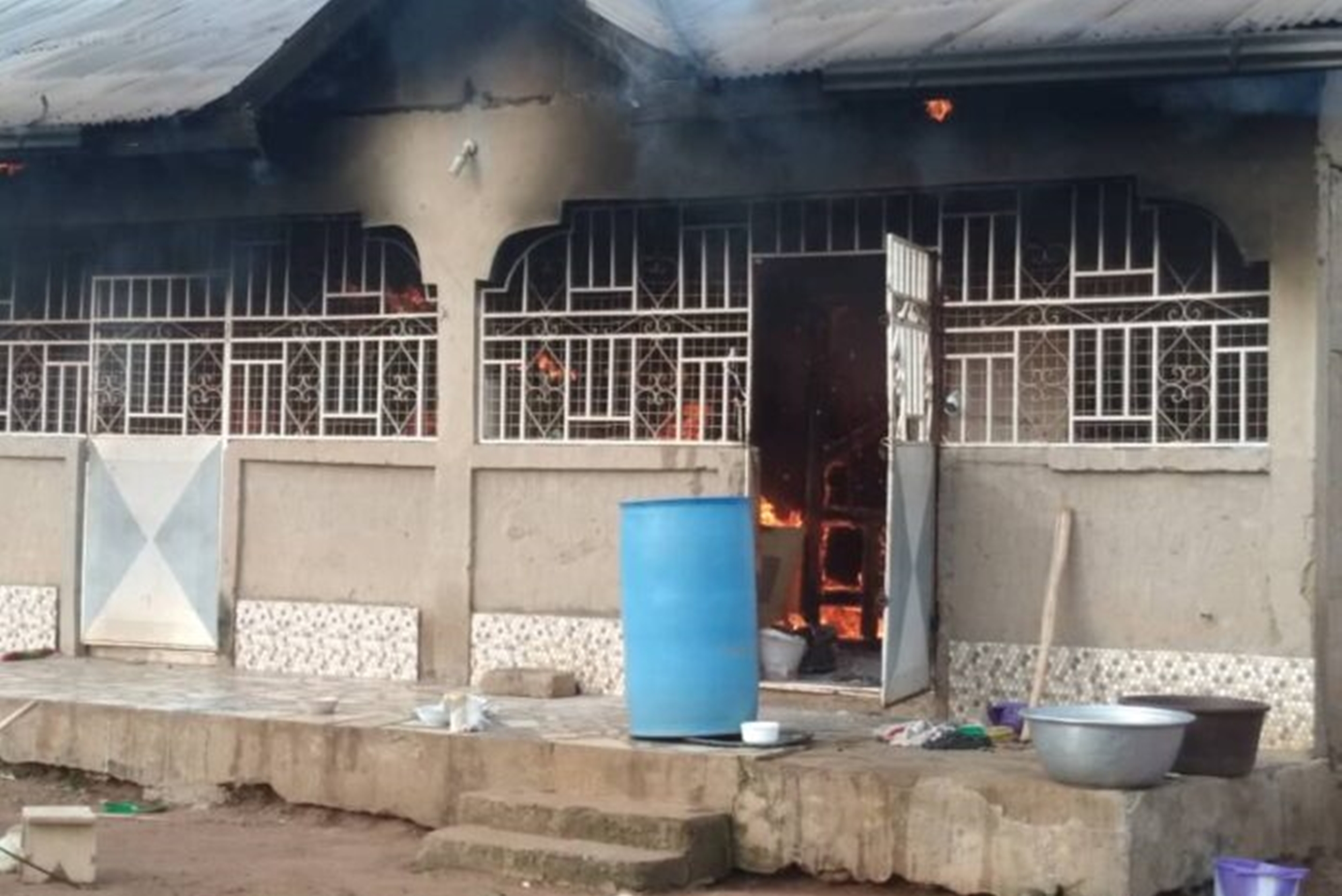 A survey by the Ghana Statistical Service has shown that two-thirds of households
A survey by the Ghana Statistical Service has shown that two-thirds of households
indicate that their income has not recovered to pre-COVID-19 levels.
A brief on the COVID-19 Households and Jobs Tracker Wave 3 stated that only 26.7% of respondents indicated that their total household income stayed the same as compared to the period before COVID-19 (March 16, 2020).
The survey, which consisted of two modules [A and B], sampled a total of 2,370 households for Module A, of which 1,684 also completed module B.
“5.1% of respondents indicated that their total income increased, while 68.2% indicated that their household income decreased,” said the GSS report.
The service continued that “of the different sources of income, non-farm family business income saw the biggest reduction. 77.3% of households with income derived from a non-farm family business saw a decrease in income and only 4.4% reported an increase in income”.
The 4.2% of households who got income from pension saw the smallest change of this income source. 76.7% reported no change in pension income, 13.0% a reduction and 10.3% an increase.
According to the survey, borrowing became a more frequent coping strategy for survival in 2021 where “approximately eighty-seven per cent (86.7%) of households used some sort of coping strategy to deal with the negative effects of COVID-19 since March 2020”.
With regards to the well-being of students, respondents agreed that since schools reopened the well-being of children has improved.
They asserted that children feel less distressed, less afraid and less sad, but also are less likely to experience physical punishment and less likely to work.
However, children’s responsibility with chores does not seem to be as affected by the reopening of schools.
























































Discussion about this post